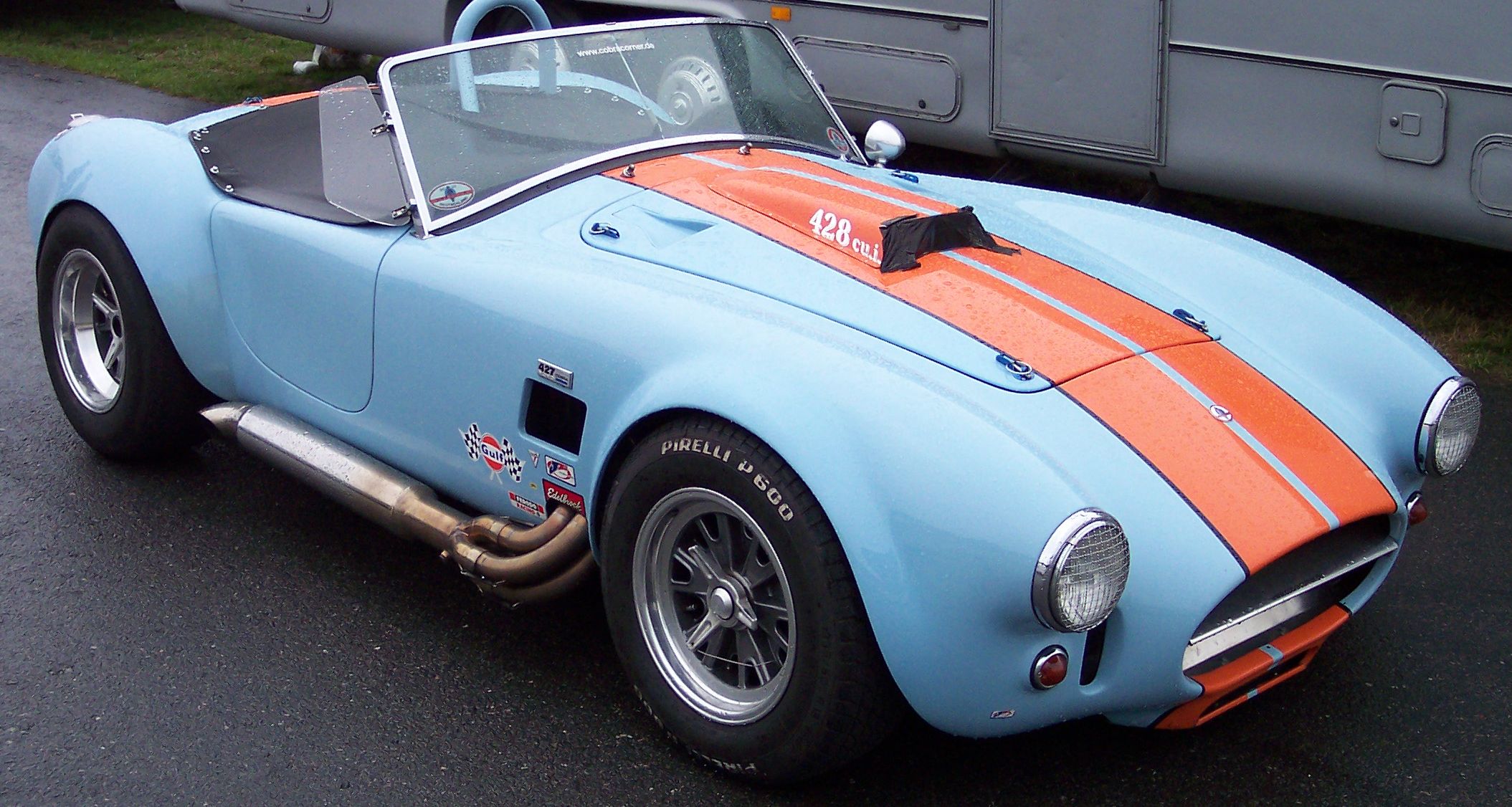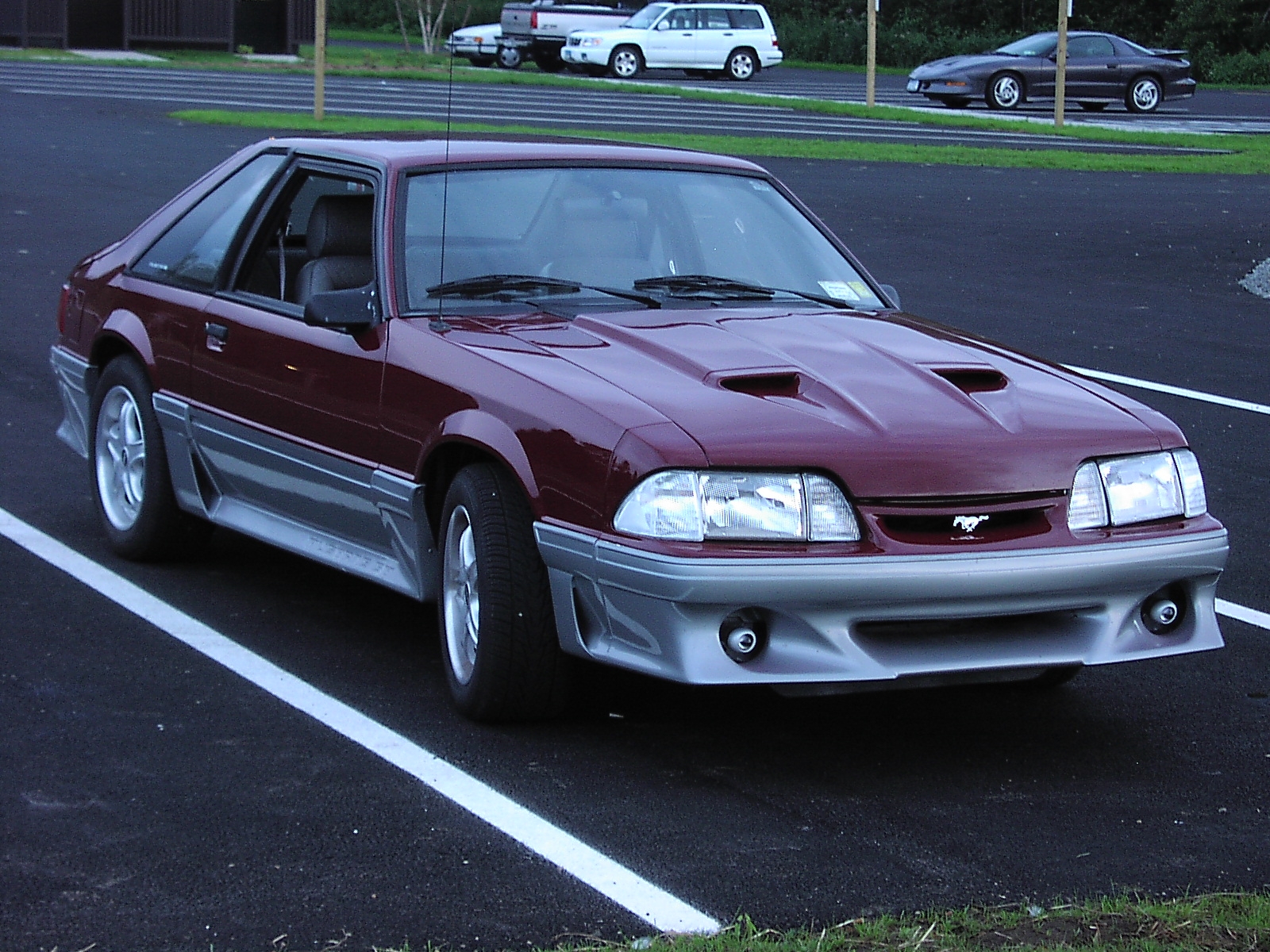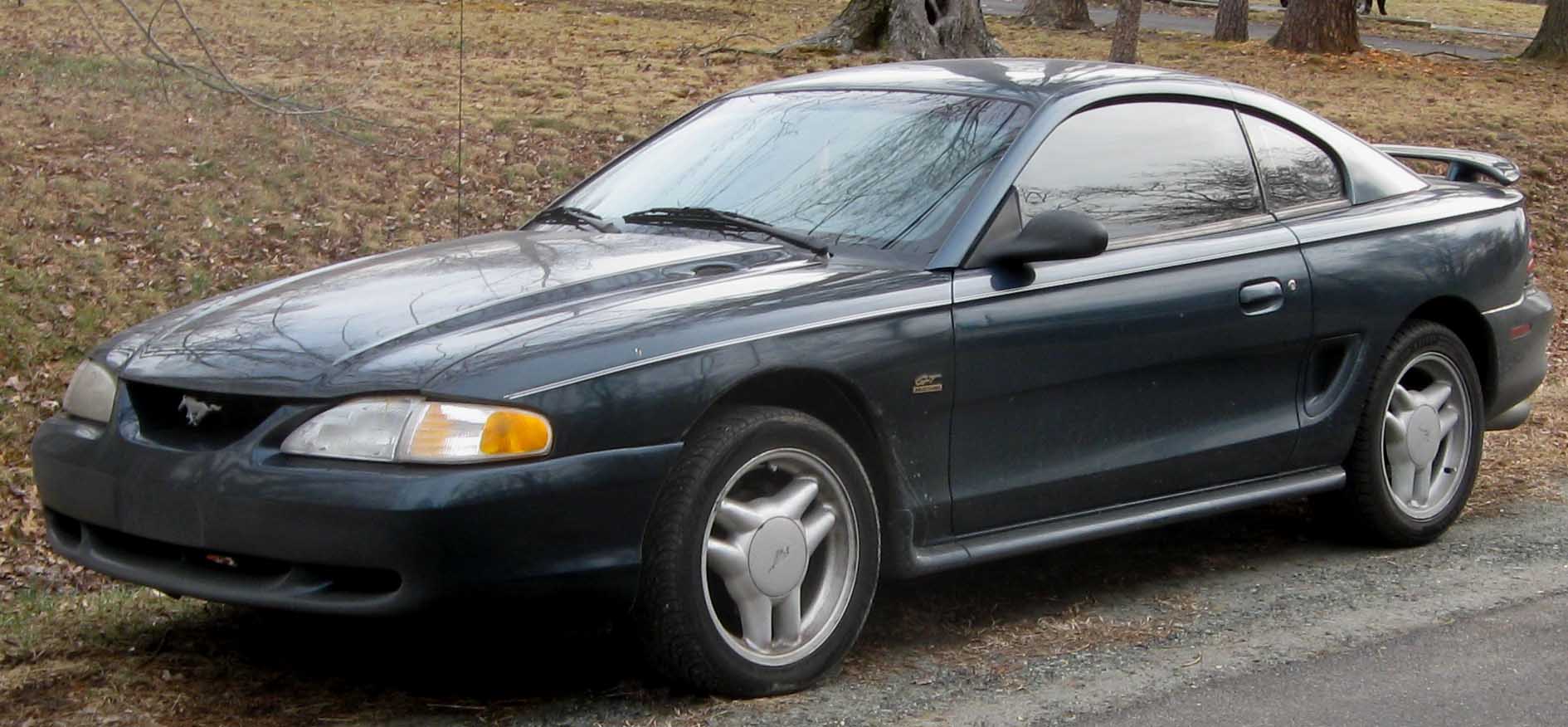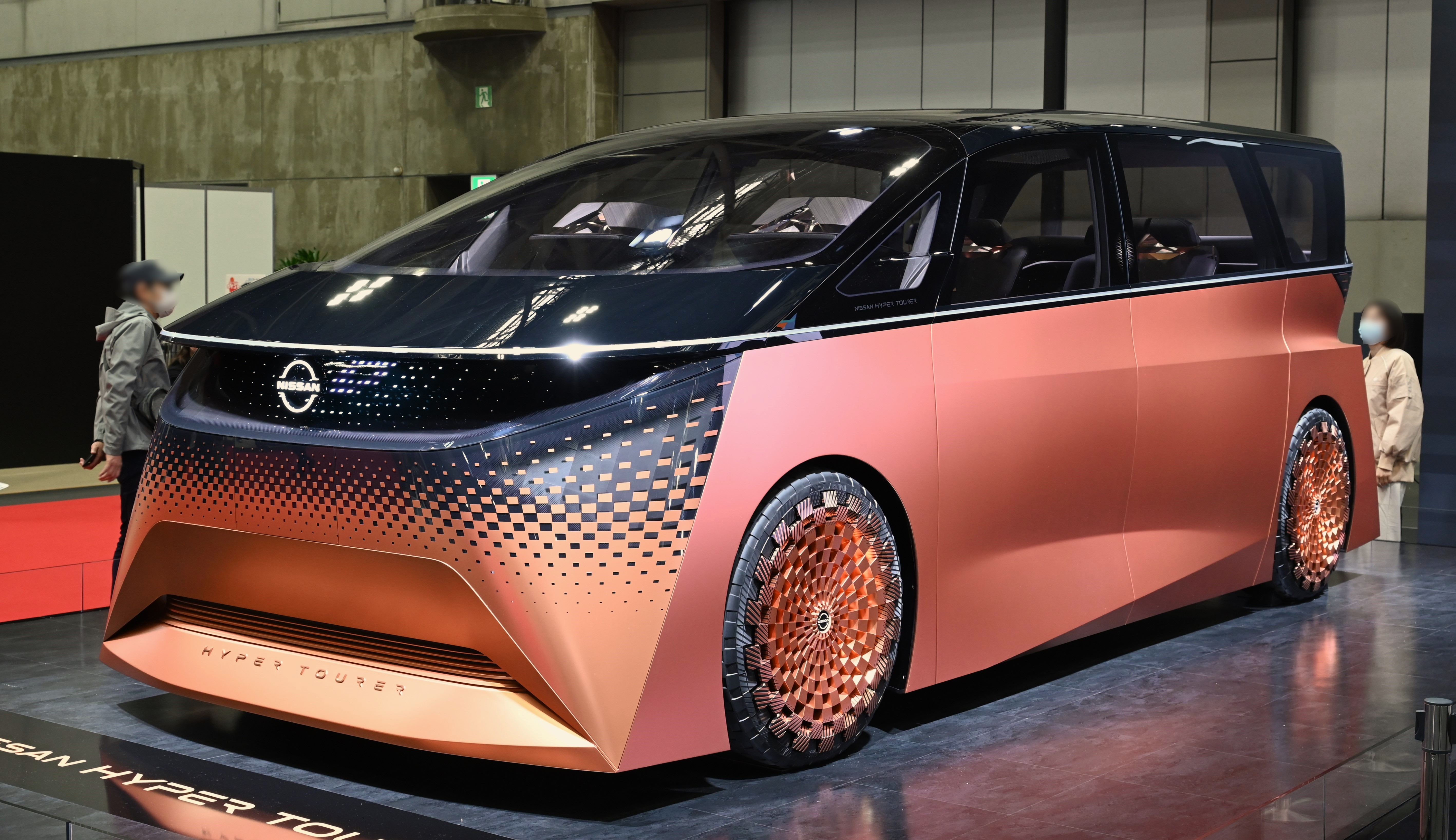
Strap in and prepare for a journey through one of America’s most exhilarating automotive sagas—the muscle car. From their roaring engines to their sleek, aggressive designs, American muscle cars have captured the hearts of car enthusiasts for decades. Let’s dive into the history and evolution of these thrilling machines.

1. **The Birth of Muscle Cars: Oldsmobile Rocket 88 (1949)**: Heralded as the first true muscle car, the Oldsmobile Rocket 88 combined a high-compression overhead valve V8 engine with a lightweight body. This innovation set the standard and inspired future muscle car designs. It provided the raw power that enthusiasts craved, making it a staple in American culture.
2. **The 1960s Golden Age and the Pontiac GTO (1964)**: The mid-60s marked the dawn of the muscle car’s golden age, spearheaded by the Pontiac GTO. With its formidable V8 engine, the GTO became the first vehicle to be officially dubbed a ‘muscle car’. Its approachable price and unmatched performance made it a beloved icon.

3. **Speed Demons: The Shelby Cobra 427 Super Snake (1967)**: With a blistering 800 horsepower, the Shelby Cobra took the concept of speed to new heights. This racing car turned street-legal beast could accelerate from 0-60 in just 3 seconds, epitomizing the muscle car’s blend of power and performance.

4. **The Hollywood Star: Dodge Charger R/T (1968)**: Known for its distinctive design and appearance in popular films, the Dodge Charger R/T is a muscle car that marries aesthetic appeal with mechanical finesse. Its curvy body and powerful engine secured its place both on the road and in cinematic history.

5. **Performance and Affordability: Plymouth Road Runner Hemi (1968)**: Named after a cartoon character, the Plymouth Road Runner emphasized function over form. While it might not have been the most visually striking car, its performance and no-frills approach made it a hit among consumers.

6. **Revving into the ’70s: Chevrolet Camaro ZL1 (1969)**: As one of the fastest and rarest muscle cars, the Camaro ZL1 embodied the pinnacle of engineering prowess before the muscle car wars faded. With only 69 units produced, it remains a prized possession among collectors.

7. **The Crisis and Transformation: Oil Embargo and Muscle Car Decline (1973)**: The 1973 oil crisis and changing regulations forced manufacturers to reevaluate and restrategize. Muscle cars had to adapt or face extinction, leading to a decade of transformation and tuning.

8. **The Resurgence of the 1980s: Buick Grand National GNX (1987)**: After a period of decline, the muscle car roared back in the 1980s with models like the Buick GNX. Known for its sinister aesthetics and formidable performance, the GNX embodied the revival of the muscle car spirit.

9. **Technological Advancements: Pontiac Trans Am GTA (1992)**: With the advent of new technology in the late 20th century, muscle cars like the Pontiac Trans Am GTA improved drastically in terms of performance and efficiency, all while maintaining their traditional appeal.

10. **Modern Muscle: Dodge Challenger SRT Hellcat (2016)**: Fast-forward to the 21st century, and muscle cars like the Dodge Challenger SRT Hellcat redefine power and performance. With over 700 horsepower, the Hellcat is a modern marvel that pays homage to its predecessors while embracing contemporary advancements.

The tale of the American muscle car is one of innovation, power, and cultural significance. These vehicles have transcended mere transportation, becoming symbols of freedom and rebellion on the open road. As they continue to evolve, muscle cars remain a beloved fixture in the American automotive landscape, capturing the spirit of performance and individuality.

11. **Transition to Electrification: The Future of Muscle Cars**: As environmental concerns grow, muscle cars are beginning to incorporate electric technology, paving the way for a new era. This transition promises to maintain the performance enthusiasts love, while addressing sustainability concerns.

11. **The 1970 Plymouth Hemi Cuda**: Known as one of the rarest muscle cars of its era, the 1970 Plymouth Hemi Cuda stands out with only 13 units ever produced. Its formidable 425 horsepower engine and 490-pound-foot torque made it a powerhouse on the road, blending both performance and unique design elements reminiscent of its time.

12. **The Iconic 1970 Chevrolet Chevelle SS**: This model holds a special place in muscle car lore. With 450 horsepower under its hood, the Chevelle SS could sprint from 0-60 in just five seconds. Its bold styling and raw power made it a standout competitor in the muscle car arena, despite being outshone by its sibling, the Camaro.

13. **The 1973 De Tomaso Pantera**: Melding Italian engineering with American muscle, the De Tomaso Pantera brought a unique flair to the muscle car scene. Its 361 pound-foot of torque and 345 horsepower offered a thrilling driving experience, capturing the essence of both cultures in one vehicle.

14. **The 1980 Pontiac Trans Am Turbo**: While not as powerful as its predecessors, this model introduced a turbocharger for enhanced performance. Its appealing design and technological advancements marked a new era for muscle cars in the 1980s, emphasizing style without sacrificing speed.

15. **The 1987 Ford Mustang GT**: During a time when the Mustang line was nearly discontinued, this model’s success helped revive interest. Its design and performance made it a favorite among enthusiasts, proving its worth by maintaining the Mustang’s legacy in the face of changing trends.

16. **1996 Ford Mustang GT**: Known for its stunning looks, the 1996 Ford Mustang GT might not have been the powerhouse in horsepower terms, but its style and historical significance made it a standout. With a 0-60 time of 6.6 seconds, it balanced aesthetics with adequate performance.

17. **The 1997 Dodge Viper GTS Coupe**: Although not a traditional muscle car, the Viper GTS Coupe made waves with its 8.0-liter V-10 engine, producing up to 450 horsepower. Its racing stripes and aggressive styling made it an unforgettable icon in the high-performance car scene.

18. **The 2004 Cadillac CTS-V**: This four-door muscle machine combined luxury with performance, achieving 0-60 in 5.3 seconds. With 395 pound-foot of torque and 400 horsepower, it offered a sophisticated yet thrilling ride, showcasing how muscle cars could evolve with time.

Muscle cars are not just about power and speed; they symbolize a way of life, a passion for the road, and a love for the thrill of driving. From their roaring beginnings to their electrified futures, these cars continue to capture the hearts of Americans, standing as timeless icons of freedom and innovation.
Related posts:
American Muscle Cars Through the Years
Muscle Car Masterclass: A History of American Domestic Performance Vehicles
American Muscle Cars – Then and Now






